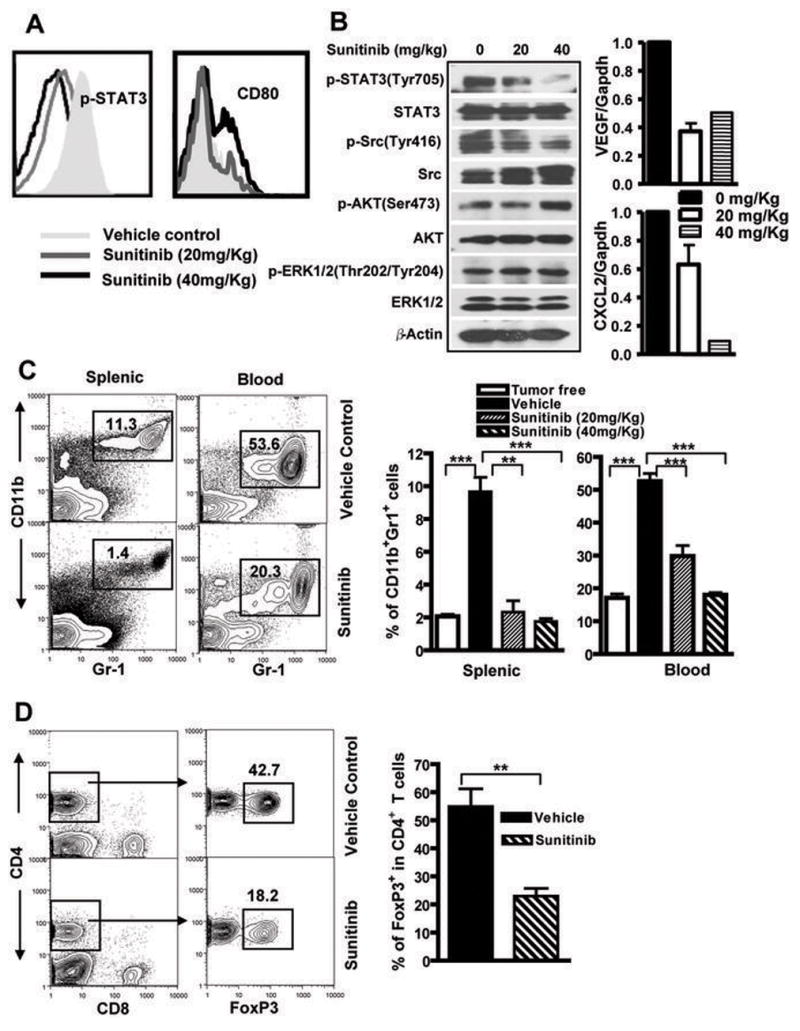Figure 6. Effects of Stat3 inhibition by sunitinib on the tumor microenvironment.

(A). CD11c+ dendritic cells were enriched from Renca tumors harvested from mice treated with either vehicle or sunitinib (20 or 40 mg/kg orally). Flow cytometric analyses of DC intracellular levels of p-Stat3 in tumor and surface expression of CD80 from tumor draining lymph nodes are shown. (B). Sunitinib inhibits Src and Stat3 activity in macrophages and MDSCs in Renca tumor-bearing mice, leading to reduced expression of several Stat3-regulated angiogenic gene. Shown are Western blots (left panel), and real-time PCR analyses (right panels), using samples prepared from CD11b+CD11c− myeloid cells in mice receiving vehicle or sunitinib. Samples were pooled from 6 mice group, assays done in triplicates. (C). Reduction of tumor-associated MDSCs in Renca tumor-bearing mice treated with sunitinib. Both splenic and peripheral blood CD11b+Gr1+ myeloid cells were detected by flow cytometry. Shown are mean ± s.e.m; n=12, p<0.001. (D) Reduction of p-Stat3 and MDSCs in Renca-bearing mice correlates with decreasing tumor Tregs. Single cell suspensions prepared from tumors pooled from 5–6 mice were analyzed by flow cytometry. Percentages of FoxP3+ cells in tumor infiltrating CD4+ T cells are shown as mean ± s.e.m (n= 3 independent experiments, p<0.01).
